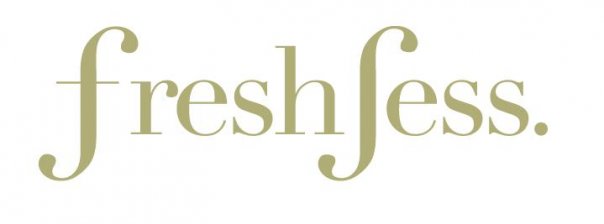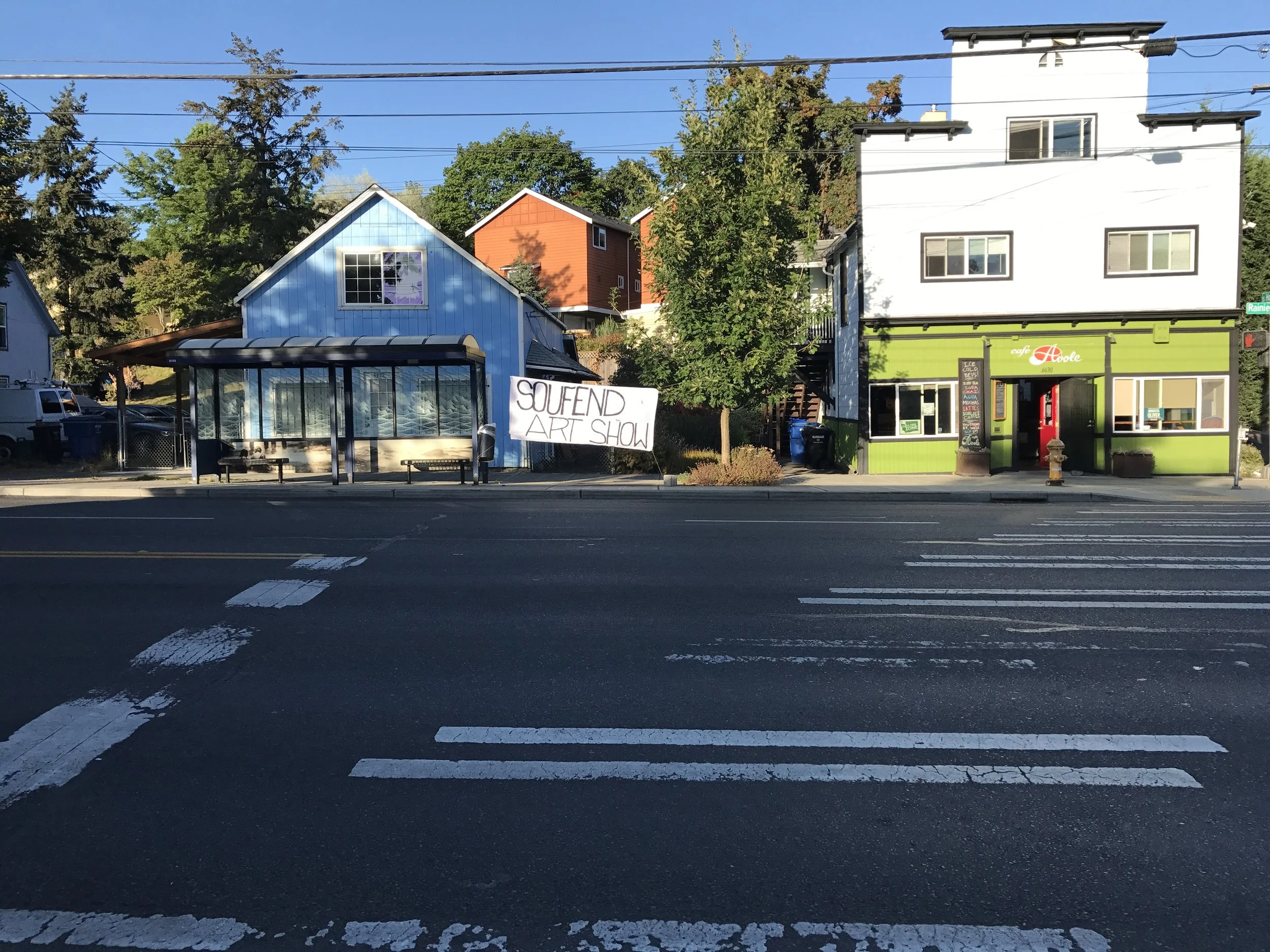Social Canopies (by Emma Eekhoff)
/Being well into my second year at Seattle Pacific University, I’ve realized a few things about the culture of the school. To say that it’s an extremely liberal school is debatable; the Conservative-Christian undertones at the university carry over through its rules and mission statement. Sure, we’re not required to go to chapel, but we still have floor hours, which is SPU’s way of forcing abstinence upon us.
Though the university’s mission is to ‘engage the culture and change the world,’ the majority of the student body doesn’t leave north Seattle. How can you truly engage other cultures if you never leave your comfort zone?
Many students at Seattle Pacific are practicing Christians, including myself. I know that being a Christian can be viewed in many ways today – usually in a negative light because of the poor representations we have in the media and in the White House. But I view my mission as a Christian as helping to fix the brokenness in the world. I’m not just going to sit in church, pose my hands, and hope that every problem in our communities and world is solved by my existence as a Christian. I am trying to fix the brokenness in the world by starting in my own community.
Many Christians at SPU go on mission trips across the world for a few days, expecting to change the village or area in a grand way simply because they went, built a house, and prayed over the people. I have a discrepancy with most mission trips because, for one, they are usually unsustainable, and at times the groups from America can go to a place and indirectly try to ‘civilize’ others to their American-Christian ways.
The irony lies in the actions of those that live in a city that’s broken itself who don’t notice that the city requires their help; those with privilege. It’s frightening to me that many of my classmates will choose to engage in missionary work abroad once, but won’t bother engaging with the constant brokenness presently in Seattle.
My goal this quarter has been to spend more time outside of north Seattle (Queen Anne, Ballard, Fremont, and maybe Capitol Hill.) I view these neighborhoods as exceptionally white and affluent. This is where the majority of my classmates spend their time, which doesn’t reflect Seattle as a whole.
I love to explore the city’s neighborhoods and find new hole-in-the-wall places to eat and visit with locals. I think this idea of being curious and investing in experience comes from my parents. When I was younger, my parents would take my brother and me to the International District neighborhood to eat and wander around. My parents did this to help my brother and I realize that there was more to the world than just the one we lived in; to have us realize that there are other cultures outside of your own that as just as interesting if not more, than your own, to discover. They wanted my brother and me to grow up and not be afraid of cultural differences.
The main reason I think why most people avoid spending time in South Seattle is because their only perspective is shaped by hearing about the ‘bad things’ that happen there. They completely avoid being in that area, which doesn’t help either situation. To fully engage in the city, you need to go and experience, rather than just relying on hearsay and indifference.
Analyn Grasz, a sophomore at Seattle Pacific, has a bit to say about this topic. She spends most of her time in Fremont because of its proximity to campus. Another neighborhood that she loves to explore is the International District, which is highly accessible thanks to the light rail and other modes of transportation.
Grasz stresses that college is a time where you’re supposed to grow and be changed by new experiences. By staying in your bubble, i.e. Queen Anne, you’re limiting yourself from all that is out in the city for you to discover and realize. “If you’re letting your narrative stop with what’s told and seen at SPU, you’re not doing enough,” stated Grasz.
Recently she’s been hired to nanny for a family in the Central District. One day she arrived early for work, and simply drove around until she could find parking next to a café. She was in a new and unknown area but still felt good because she was uncovering and experiencing a new part of Seattle that she hadn’t before. This is a trait that I see as most valuable, someone who isn’t afraid or weary to opening their mind and time to seeing something completely new. It’s important to have conversations with those of different socioeconomic status, different privileges, and cultural experiences.
Last spring, I took Intro to Sociology, and there was a section of the class when we talked about a concept called “Cosmopolitan Canopies.” The concept, published by sociologist Elijah Anderson, was developed in urban Philadelphia:
“The urban island of civility that exists amidst the ghettos, suburbs, and ethnic enclaves where segregation is the norm. Under the cosmopolitan canopy, diverse peoples come together, and for the most part, practice getting along. Anderson’s path-breaking study of this setting provides a new understanding of the complexities of present-day race relations and reveals the unique opportunities here for cross-cultural interaction.”
I remember being in that Sociology class getting on a soap-box of sorts. I said to my classmates, “Hey, we’re all pretty white, and we spend time in extremely white places, which doesn’t help the division in our city. It only furthers it. So go to Colombia City, go to Beacon Hill and see that we have great differences, but we have the same goals of solving gentrification and other inequalities.”
So the next time your afternoon is open, go somewhere you’ve never been before and fully embrace being in a new and different situation. And try to genuinely appreciate the culture; don’t use it as an accessory.
For reference, great places to experience or try to engage are, The Station Café on Beacon Hill, The Hood Famous Bakeshop in Ballard, and Lovecitylove on Capitol Hill, Quest Church, and Central District Ice Cream Company.
---
Emma Eekhoff is a 20-year-old Seattle college student. She's not afraid to share her stance on something, whether it is an art form like music or recent events in the world. She's been writing in a journalist setting for only a few years, through Fresh Jess, The Growl Online, or for a music blog. She loves to connect and network with new people in the worlds of business and music, travel to new places, and eat new interesting foods.
Connect with Emma on social media: Instagram / Twitter / eekhoffemma@gmail.com
















